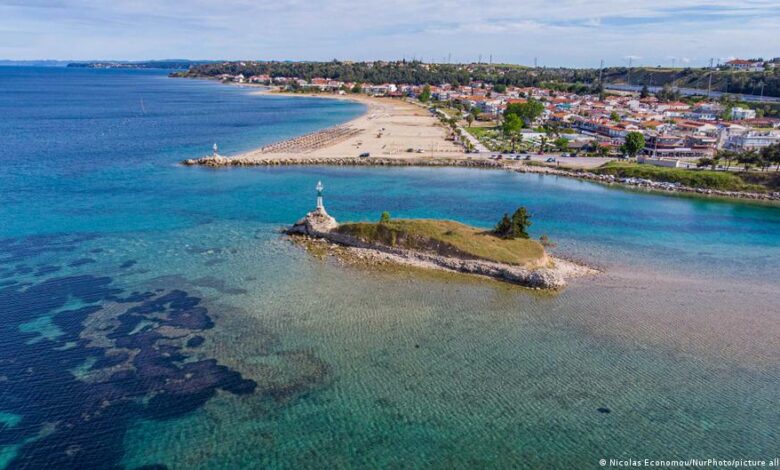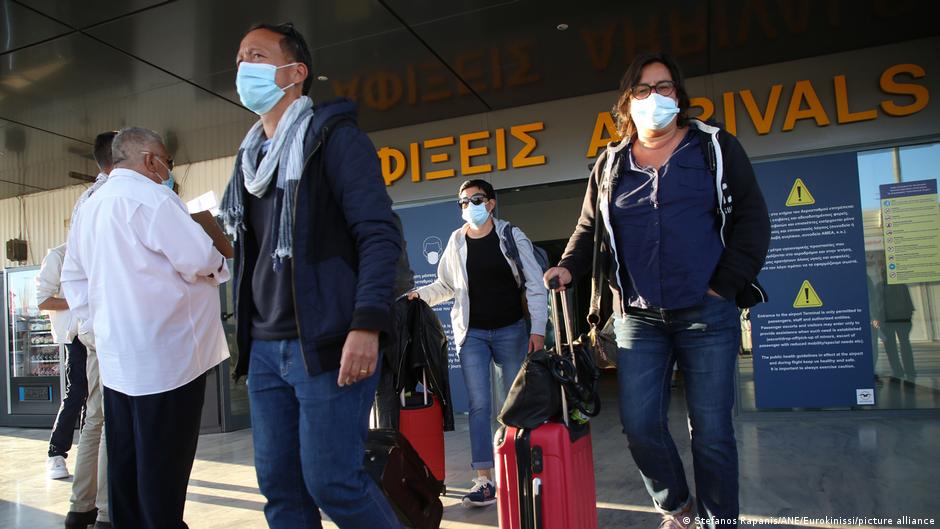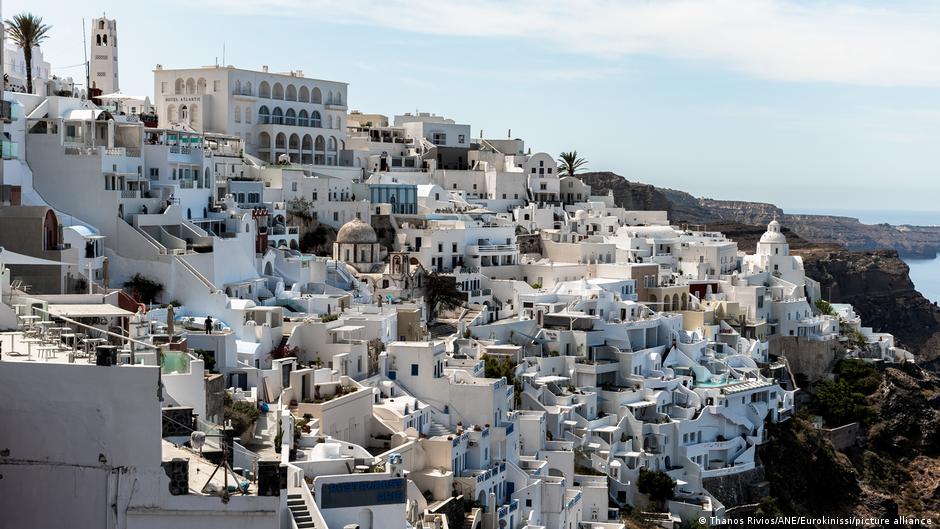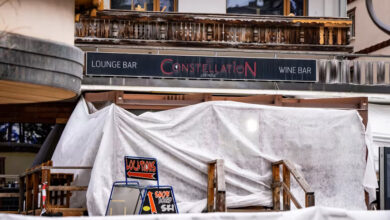
With only 7.4 million visitors last year — compared to 34 million in 2019 — Greece is desperate to restart tourism, but on May 14, the first day of the country’s official opening to international visitors who have proof of vaccination, proof of recovery or a negative COVID-19 PCR test, here on Crete it’s difficult to see the difference.
Despite perfect blue skies, balmy waters and temperatures of 27 degrees Celsius (80 degrees Fahrenheit), the island’s golden-sand beaches are almost deserted, countless cafes are shuttered and many hotels and resorts are closed. “It’s crazy — there’s no one here. Usually, we open just after Easter and the streets are full of kids on quad bikes, but this year it won’t be worth opening until June,” says Sofokleos, who owns George’s bistro in the island’s notorious party town of Malia.
Giorgos Kaloutsakis, owner of luxury hotel Abaton Island in the — usually lively — resort of Hersonissos, agrees. “We are waiting to open later in the month, on the 28th of May. It costs a lot of money to open a resort like this, so we need to be sure of bookings first,” he says.
Businesses struggling to open
According to a recent report by the Bank of Greece, the country’s banks have the highest level of non-performing loans in the European Union, with NPLs accounting for 30.2 percent of their portfolios, which is more than 10 times the EU average. Tourism employs one in five of the country’s workforce, but the figure is more like one in two here on Greece’s megalo nisi (big island), which has been badly affected by the loss of visitors.
“Many companies are crippled with debt, and many staff in other hotels have lost their jobs. Even here we have been working with a skeleton staff all winter. Now tourism is starting again but many of the smaller hotels will be unable to open because it costs too much money,” says Evgenia Chasapidou, manager of Capsis Astoria, one of the few city hotels that stayed open during lockdown.
Leonidas Aretakis, who owns The Home, a boho bistro near Heraklion’s Lion’s Square says that restaurants have also been badly hit by the crisis. “I only opened this restaurant a year ago and it’s been closed for the past eight months. Now I’m open, but although I have 34 tables I can only serve to the seven that are out in the courtyard. I’ll still have to pay all the bills, though — it’s very difficult,” he says.

Slow vaccine rollout, but Germans still keen to travel
With around 1,500 new cases of COVID-19 per day and one of the slowest vaccination rollouts in the EU — which has been further hampered by thrombosis fears linked to the AstraZeneca jab — the Greek business owners are struggling to convince tourists that it’s safe to travel.
“I think it will not be an easy season for us here in Crete,” says Evgenia Chasapidou. “So far all the bookings are last minute. People all want to be vaccinated before travel — to feel safe.”
Frenchman Patrice Lamouroux, who moved to Greece several months ago to “escape” lockdown in France, says that most of his friends are scared to travel anywhere, let alone Greece. “There’s been so much talk of the new strains of the virus. I keep telling them Crete is safe — we’ve had relatively few cases — but they just won’t believe me,” he says.
In a bid to reassure travelers that Greece is, indeed, a safe destination, Mitsotakis recently launched Operation Blue Freedom, a campaign that aims to vaccinate all of the country’s islands — including the popular resorts of Crete, Rhode, Corfu and Santorini — by early June. “I want to send the clear message: Greece is open again,” Greece’s prime minister said.
In a major boost for Greek tourism, last week Germany announced that visitors to Greece who have fully vaccinated or have a negative COVID test or a certificate of full recovery from the disease will no longer have to quarantine on their return from vacation.
Travel company TUI, which will be sending at least 120 flights to Greek destinations this month, is also convinced that Greece will be a top destination for Germans this summer — and Crete is touted to be their favorite island. “Once the borders open, popular hotels will fill bookings quickly,” said TUI’s Germany CEO Marek Andryszak.

Celebrating the end of lockdown
Despite the fact that there are very few tourists on the streets of the island’s capital, Heraklion, there’s an air of rejoicing as locals crowd into the shops, cafes and tavernas that have been closed for past six months.
“For a while, we could only travel two kilometers from our homes and only with a text message to the government and curfew was at 6 pm — it was too much!” says Giorgos Terizakis, Capsis Astoria’s restaurant manager. “We are so tired after so many months of lockdown; we just want to live again.”




